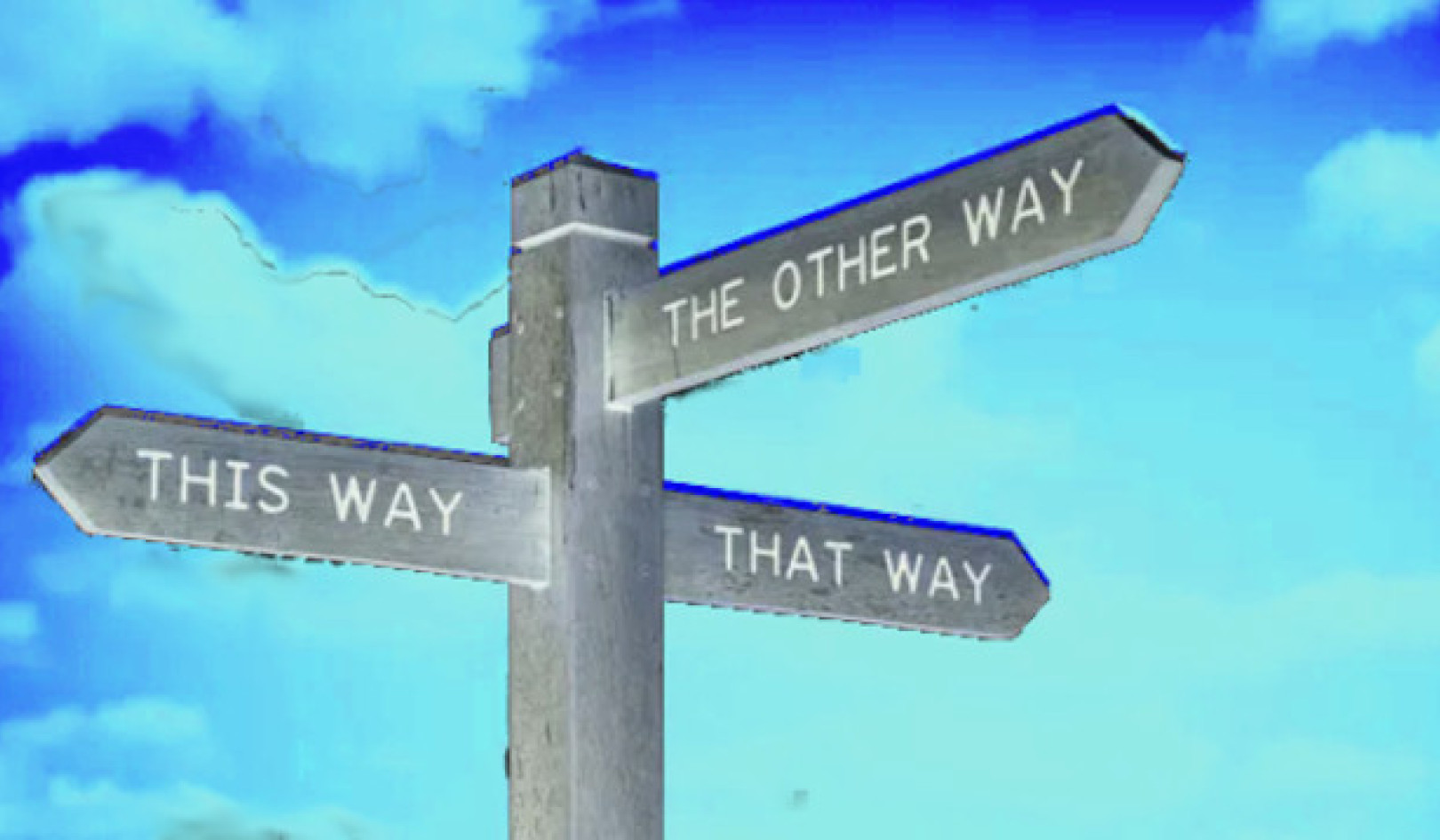
Workshops that resemble couples therapy left college students less politically polarized, report researchers.
Thanks to countless recent surveys and studies, it is now a widely accepted fact that the ideological chasm between Republicans and Democrats today has grown larger than at any other time in American history, save for the post-Civil War Reconstruction era. Many believe the two parties are so bitterly divided that there’s little chance for reconciliation. But two years ago, Rob Blair, assistant professor of political science and international and public affairs at Brown University, attended a workshop that gave him hope.
The so-called Red/Blue Workshop was hosted by Braver Angels, a non-governmental organization that launched in 2016 to help Americans see each other beyond stereotypes and form community alliances. Blair says he was intrigued by the way the workshop’s facilitators guided Democrats and Republicans through exercises that encouraged introspection rather than debate, a tactic borrowed from couples therapists. Observing the exercises changed Blair’s perspective, and he wanted to know if it worked as effectively for the participants themselves.
In 2020, Blair and several other scholarly colleagues worked with Braver Angels to organize de-polarization workshops on four college campuses, and to administer one pre-workshop survey and two follow-up surveys to each workshop participant.
They found that, one week later, the students who participated in the workshop expressed 22% less direct hostility toward people in the other party, were more willing to donate money to de-polarization programs, and scored lower on a partisan implicit bias test, in which they were shown sequences of politically-related images in quick succession and asked to pair them with randomly generated words like “Republican” and “good.”
Six months later, some of the workshop’s effects had worn off, but participants still showed less implicit bias and were more willing to donate money to de-polarization initiatives than their peers in a control group that had not taken part in the workshops. Blair says that if effects of this size were extrapolated to the entire US adult population, they would be large enough to reverse roughly one third of the increase in polarization over the past three decades.
Following the release of a working paper and a policy brief detailing the findings, Blair answers questions about the study’s origins, what the results mean, and how average Americans can ease polarization in their own communities:

Related Books:
The Five Love Languages: The Secret to Love That Lasts
by Gary Chapman
This book explores the concept of "love languages," or the ways in which individuals give and receive love, and offers advice for building strong relationships based on mutual understanding and respect.
Click for more info or to order
The Seven Principles for Making Marriage Work: A Practical Guide from the Country's Foremost Relationship Expert
by John M. Gottman and Nan Silver
The authors, leading relationship experts, offer advice for building a successful marriage based on research and practice, including tips for communication, conflict resolution, and emotional connection.
Click for more info or to order
Come as You Are: The Surprising New Science that Will Transform Your Sex Life
by Emily Nagoski
This book explores the science of sexual desire and offers insights and strategies for enhancing sexual pleasure and connection in relationships.
Click for more info or to order
Attached: The New Science of Adult Attachment and How It Can Help You Find—and Keep—Love
by Amir Levine and Rachel Heller
This book explores the science of adult attachment and offers insights and strategies for building healthy and fulfilling relationships.
Click for more info or to order
The Relationship Cure: A 5 Step Guide to Strengthening Your Marriage, Family, and Friendships
by John M. Gottman
The author, a leading relationship expert, offers a 5-step guide for building stronger and more meaningful relationships with loved ones, based on principles of emotional connection and empathy.
Click for more info or to order
This article originally appeared on Futurity






















